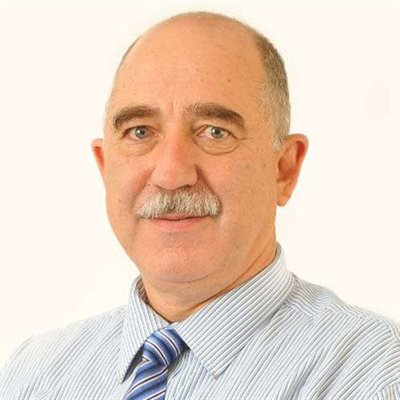
Top stories






LifestyleWhen to stop Googling and call the vet: Expert advice on pet allergies from dotsure.co.za
dotsure.co.za 2 days
More news

















Prof. Avitus Agbor from the NWU’s Faculty of Law and Piet le Roux, chief executive officer of the Sakeliga, will be the guest speakers.
This talk is motivated by the fact that a number of African countries will be holding presidential elections during 2021. They include Benin, Cape Verde, Chad, Gambia, Sao Tome, Principe, the DRC and Zambia.
According to the session chairperson, Prof. Andre Duvenhage from the NWU’s research focus area social transformation, history has shown that patterns of political instability are more prominent during election times.
“With South Africa also heading for national local elections this year, there is the potential for increasing patterns of instability. Between 80-90% of municipalities are partially or completely dysfunctional and cannot properly deliver services,” he says.
“The Think Tank discussion session will look into the implications – threats and opportunities – of the above mentioned scenario for business people and enterprises, not only in Africa but also in South Africa. Plans for economic recovery from Covid-19 will also be paired with addressing governance issues that preceded the pandemic,” he adds.
Prof. Jan van Romburgh, acting director of the NWU Business School, says the business school has an obligation towards stimulating the South African economy and creating possible solutions from their wide range of expertise.
“We do this, by using our in-house experts, and tapping into the knowledge of experts from various sectors and industries in South Africa.
“This Think Tank initiative has proven to be very popular among industry leaders, academia, the public and the media, and has helped to shape executive minds in Africa,” he adds.